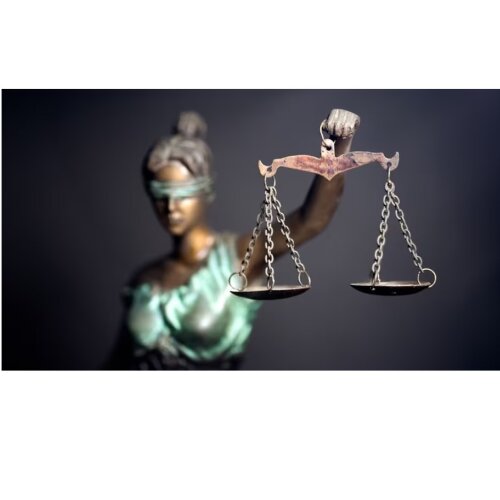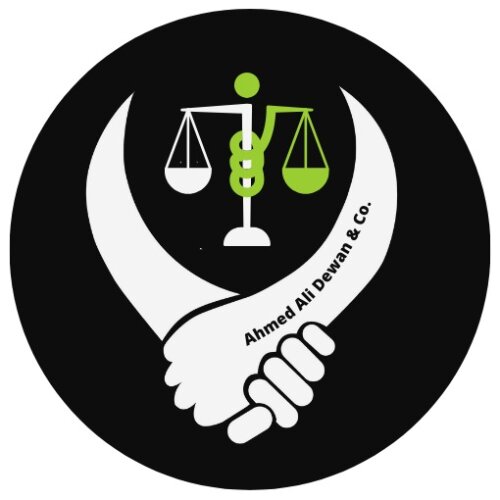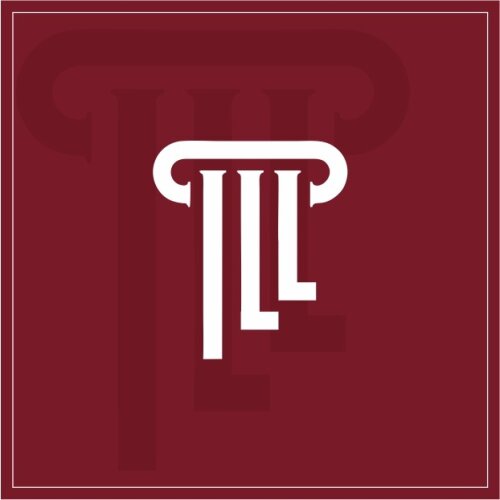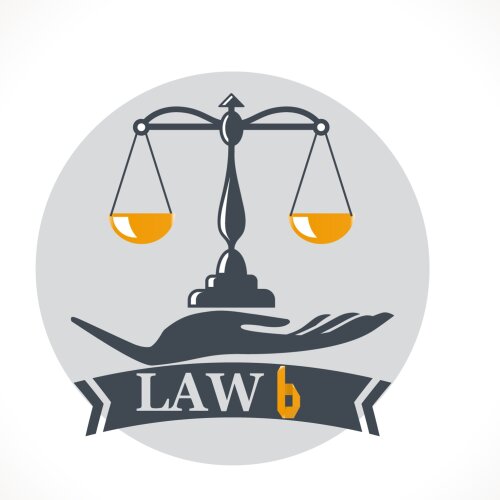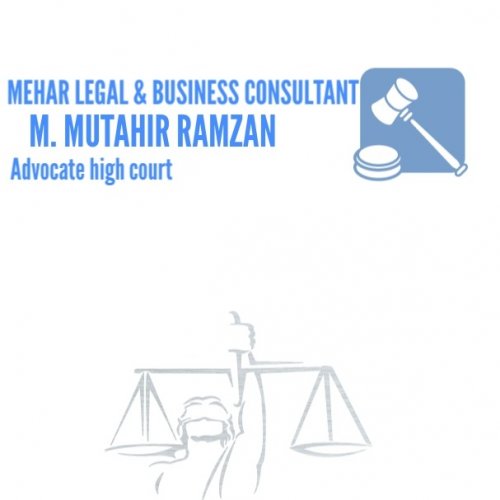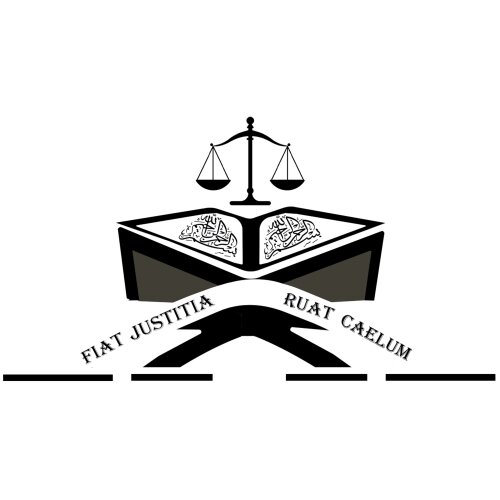Best Art & Cultural Property Law Lawyers in Islamabad
Share your needs with us, get contacted by law firms.
Free. Takes 2 min.
List of the best lawyers in Islamabad, Pakistan
About Art & Cultural Property Law in Islamabad, Pakistan
Art & Cultural Property Law in Islamabad encompasses a range of issues involving the protection, preservation, and commercialization of art and cultural heritage assets. This field of law is crucial for safeguarding Pakistan's rich history and cultural landmarks, as well as regulating the art market and ensuring legal compliance in transactions involving cultural property. Given Islamabad's status as a cultural and political hub, the implications of this area of law are significantly impactful for artists, collectors, and institutions alike.
Why You May Need a Lawyer
There are several situations where legal assistance may be necessary in the field of Art & Cultural Property Law, including but not limited to:
- Disputes over the ownership or authenticity of artworks or artifacts.
- Contract negotiations for the sale, loan, or exhibition of art objects.
- Compliance with international treaties or local regulations regarding the import/export of cultural property.
- Litigation involving alleged theft, illicit trafficking, or vandalism of cultural heritage.
- Advising museums and galleries on legal matters related to acquisitions and donations.
- Preservation efforts and related legal enforcement for culturally significant sites or items.
Local Laws Overview
The legal framework for Art & Cultural Property Law in Islamabad is shaped by both national regulations and international treaties. Key legislation includes:
- The Antiquities Act of 1975, which governs the preservation and protection of ancient monuments and artifacts.
- The Copyright Ordinance of 1962, which provides intellectual property protections crucial for artists.
- The Pakistan Penal Code, which contains provisions relevant to theft and trafficking of cultural property.
Additionally, Pakistan is a signatory to several international conventions like the UNESCO Convention on the Means of Prohibiting the Illicit Import, Export, and Transfer of Ownership of Cultural Property, which influences local practices and legal responsibilities.
Frequently Asked Questions
1. What is considered "cultural property" under Pakistani law?
Cultural property in Pakistan generally includes antiquities, artworks, manuscripts, historical sites, and traditional artifacts, particularly those of historical, artistic, or archaeological significance.
2. How does the law protect artists' rights in Islamabad?
Artists' rights are protected under the Copyright Ordinance of 1962, which ensures they have legal rights over their creations, including reproduction, distribution, and broadcasting rights.
3. Are there legal restrictions on exporting cultural artifacts from Pakistan?
Yes, the export of certain cultural artifacts is controlled under the Antiquities Act of 1975 and international conventions to prevent loss of heritage and illegal trafficking.
4. Can private individuals own archaeological artifacts?
Ownership of archaeological artifacts by private individuals is highly regulated, and any unauthorized possession or trade can lead to legal penalties under the Antiquities Act.
5. What legal actions can be taken if an artwork is counterfeited?
Victims of art forgery can pursue civil action for damages and potentially criminal charges against perpetrators under intellectual property laws.
6. How are disputes over art ownership resolved?
Ownership disputes can be resolved through negotiation, mediation, arbitration, or litigation, depending on the specifics of the case and parties involved.
7. What is the role of international treaties in Pakistani cultural property law?
International treaties help shape domestic law by setting standards for protection and restitution of cultural property, influencing policy and enforcement measures in Pakistan.
8. Are there tax incentives for donating art to museums?
Yes, donating cultural assets to recognized museums can provide donors with tax benefits, though specific provisions should be verified with current tax laws.
9. What are some common legal pitfalls for art dealers in Islamabad?
Common legal issues for dealers include failure to verify provenance, non-compliance with import/export regulations, and inadequate contract terms, all of which can lead to legal disputes.
10. How can museums protect their collections legally?
Museums can protect their collections through robust acquisition policies, insurance, adherence to provenance research standards, and ensuring compliance with national and international laws.
Additional Resources
Those seeking further information or assistance in Art & Cultural Property Law in Islamabad can refer to the following resources:
- Pakistan National Council of the Arts (PNCA): Provides support and advocacy for cultural initiatives.
- Ministry of National Heritage & Culture: Government body responsible for cultural policy and heritage protection.
- UNESCO Pakistan: Offers guidelines and support on international cultural property laws and conservation efforts.
Next Steps
If you require legal assistance in Art & Cultural Property Law, consider the following steps:
- Identify the specific legal issue at hand, whether it's related to ownership, copyright, trade regulations, or another concern.
- Research and reach out to a qualified lawyer specializing in Art & Cultural Property Law in Islamabad who can provide informed and tailored advice.
- Prepare relevant documentation and evidence that will be relevant to your case or inquiry.
- Engage in consultations or legal proceedings with the guidance of your legal advisor to resolve the matter effectively.
Lawzana helps you find the best lawyers and law firms in Islamabad through a curated and pre-screened list of qualified legal professionals. Our platform offers rankings and detailed profiles of attorneys and law firms, allowing you to compare based on practice areas, including Art & Cultural Property Law, experience, and client feedback.
Each profile includes a description of the firm's areas of practice, client reviews, team members and partners, year of establishment, spoken languages, office locations, contact information, social media presence, and any published articles or resources. Most firms on our platform speak English and are experienced in both local and international legal matters.
Get a quote from top-rated law firms in Islamabad, Pakistan — quickly, securely, and without unnecessary hassle.
Disclaimer:
The information provided on this page is for general informational purposes only and does not constitute legal advice. While we strive to ensure the accuracy and relevance of the content, legal information may change over time, and interpretations of the law can vary. You should always consult with a qualified legal professional for advice specific to your situation.
We disclaim all liability for actions taken or not taken based on the content of this page. If you believe any information is incorrect or outdated, please contact us, and we will review and update it where appropriate.



